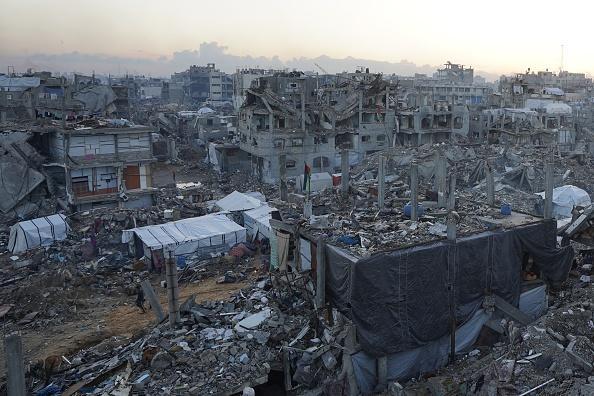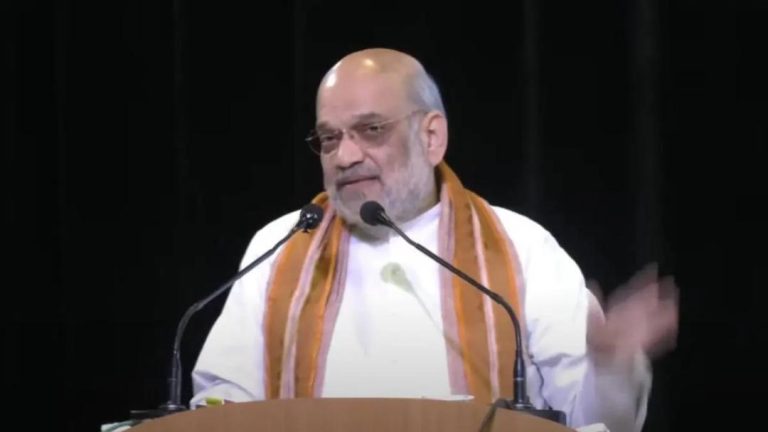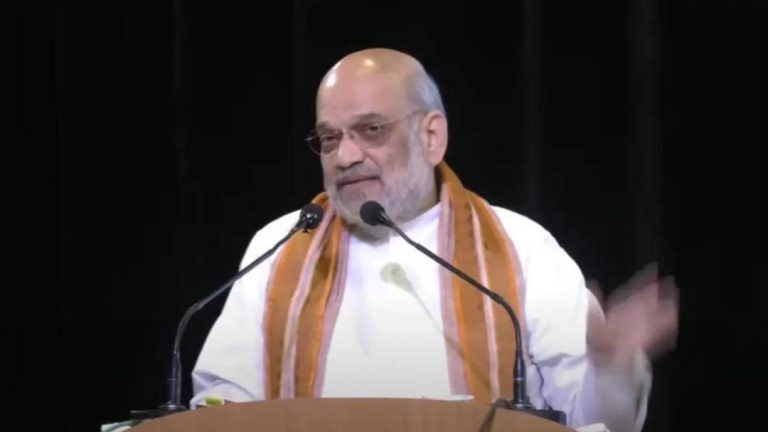
Post-war Gaza plan must entirely exclude Hamas: France
The latest development in the ongoing Gaza crisis has taken a new turn with France welcoming Egypt’s proposed $53-billion plan to rebuild the Gaza Strip by 2030. The Arab Plan, as it is called, aims to address the reconstruction, governance, and security needs of the region after the devastating war. However, France has made it clear that the plan must exclude Hamas from governing Gaza and must ensure that the militant group is disarmed.
The French Foreign Ministry spokesman, Christophe Lemoine, stated that the proposal from Arab leaders provides a “credible basis to respond to reconstruction, governance, and security needs” after the war. However, he emphasized that the plan must be implemented in a way that ensures the security of Israel and excludes Hamas from governing Gaza.
This statement from France comes as a significant development in the ongoing debate about the future of Gaza. The Arab Plan has been praised for its ambitious goals and potential to bring about significant change to the region. However, many have raised concerns about the role of Hamas in the plan and whether it can be trusted to implement the proposals.
Hamas has been the de facto ruler of Gaza since 2007, when it seized control of the region from the Palestinian Authority. The group has been involved in several conflicts with Israel, including the recent war, and has been accused of using Gaza as a launching pad for attacks against Israeli civilians.
The French demand that Hamas be excluded from governing Gaza is likely to be a major hurdle in the implementation of the Arab Plan. Hamas has already rejected the plan, calling it a “new form of colonialism” and refusing to accept any conditions that would undermine its control over Gaza.
The rejection of the plan by Hamas has raised concerns about the future of the region. If the plan is not implemented, it could lead to further instability and conflict in the region. On the other hand, if Hamas is excluded from the plan, it could lead to a breakdown in trust between the international community and the Palestinian Authority.
The Arab Plan has been praised for its ambitious goals, including the reconstruction of Gaza’s infrastructure, the creation of jobs, and the improvement of living conditions for Palestinians. The plan also aims to strengthen the Palestinian Authority and to promote economic development in the region.
However, many have raised concerns about the lack of detail in the plan and the lack of transparency in the way it will be implemented. There are also concerns about the role of international donors in the plan and whether they will provide sufficient funding to support the proposals.
The French demand that Hamas be excluded from governing Gaza is likely to be a major factor in the implementation of the plan. If Hamas is excluded, it could lead to a more stable and secure region. However, if Hamas is included, it could undermine the credibility of the plan and lead to further instability and conflict.
In conclusion, the post-war Gaza plan must entirely exclude Hamas from governing Gaza. The group has been involved in several conflicts with Israel and has been accused of using Gaza as a launching pad for attacks against Israeli civilians. Excluding Hamas from the plan could lead to a more stable and secure region, but it would require international donors to provide sufficient funding to support the proposals.
The French demand that Hamas be excluded from governing Gaza is likely to be a major hurdle in the implementation of the Arab Plan. However, it is essential that the international community comes together to support the plan and to ensure that it is implemented in a way that promotes peace and stability in the region.




